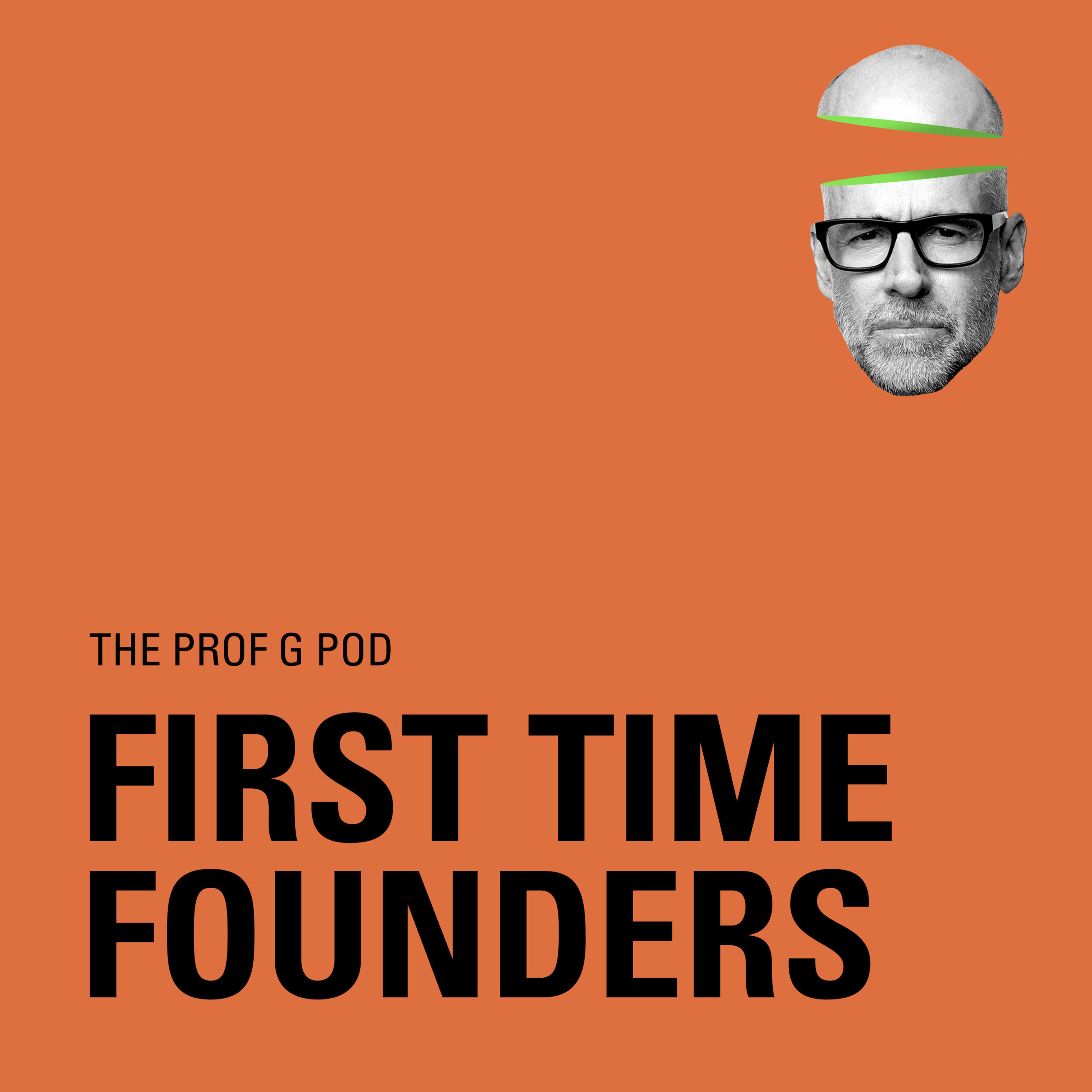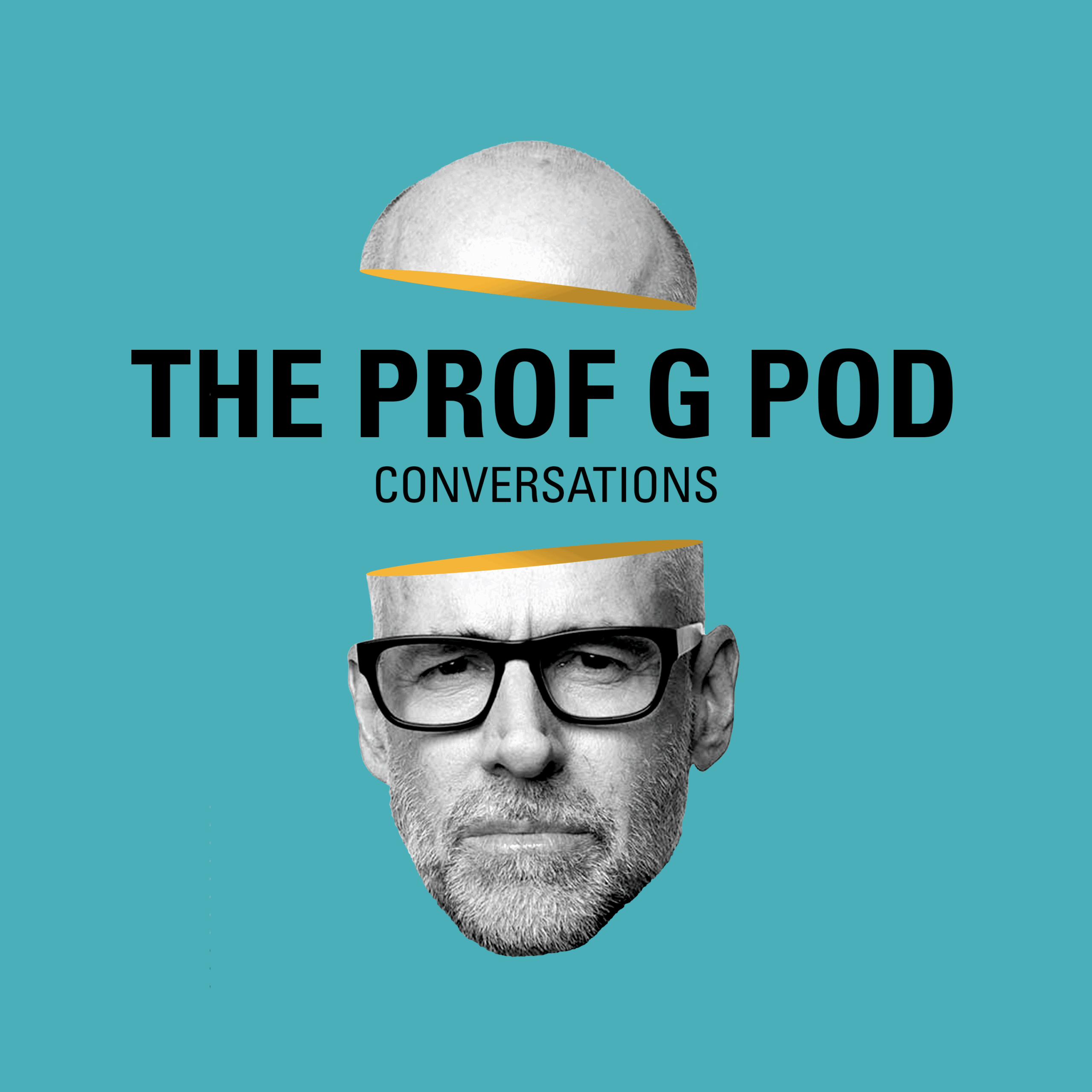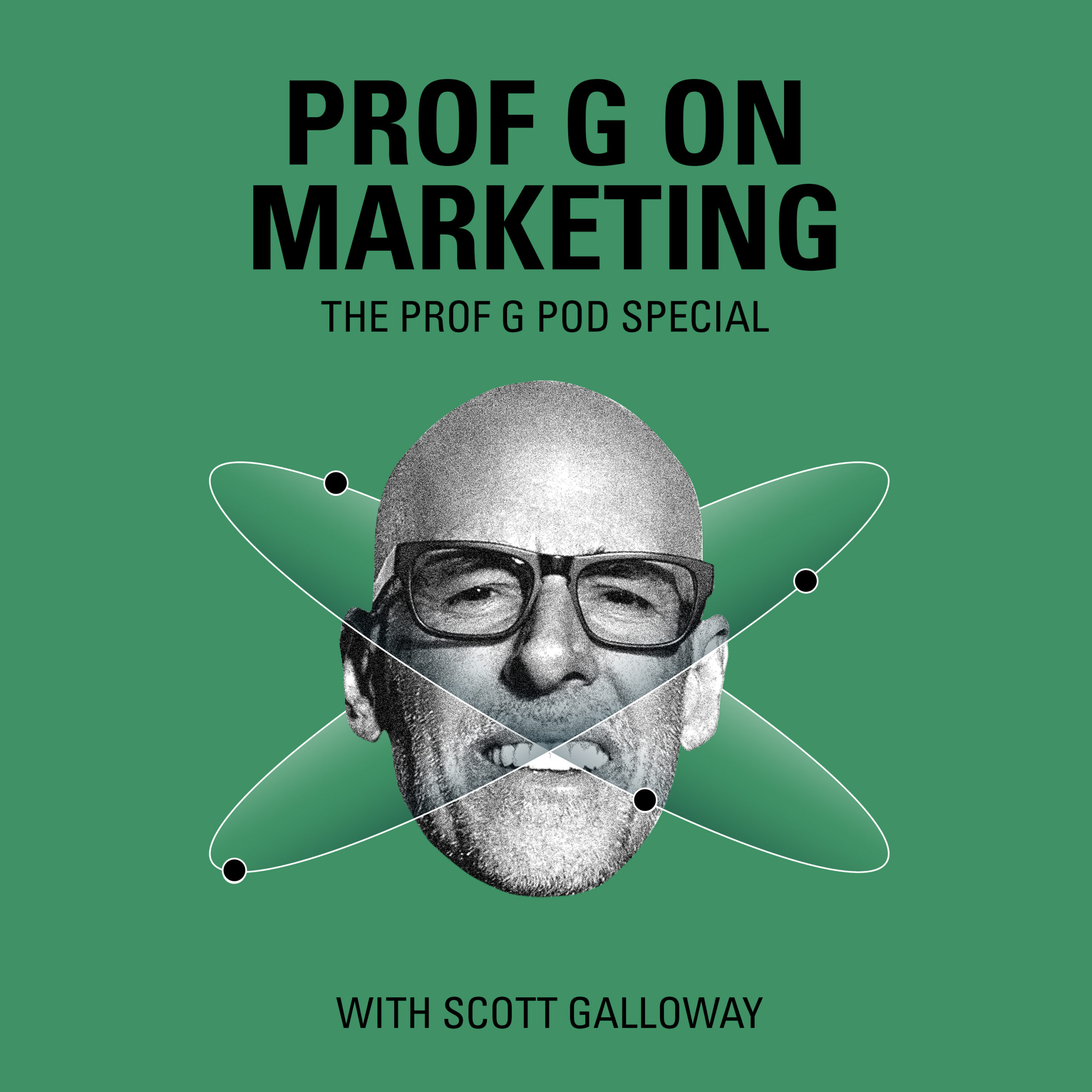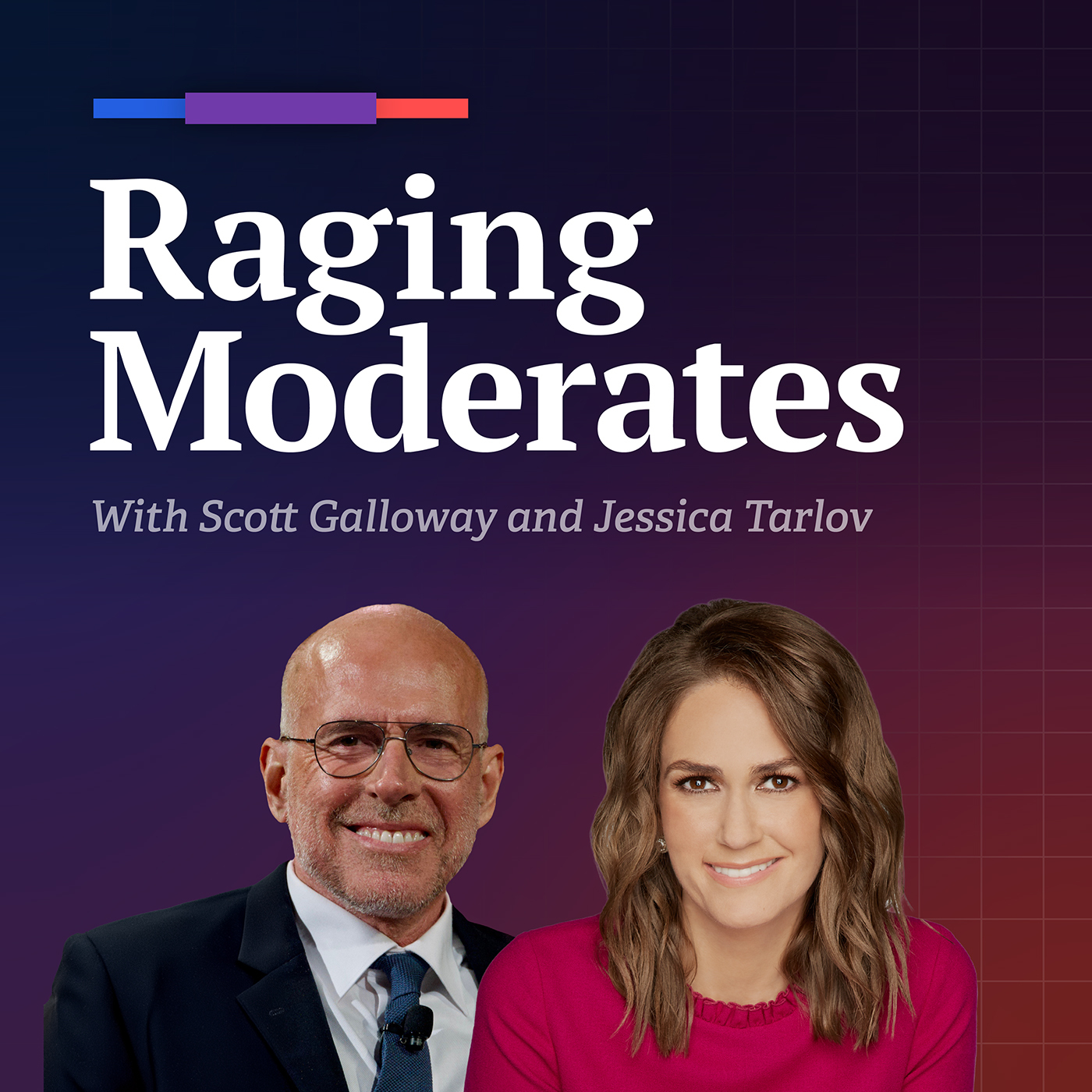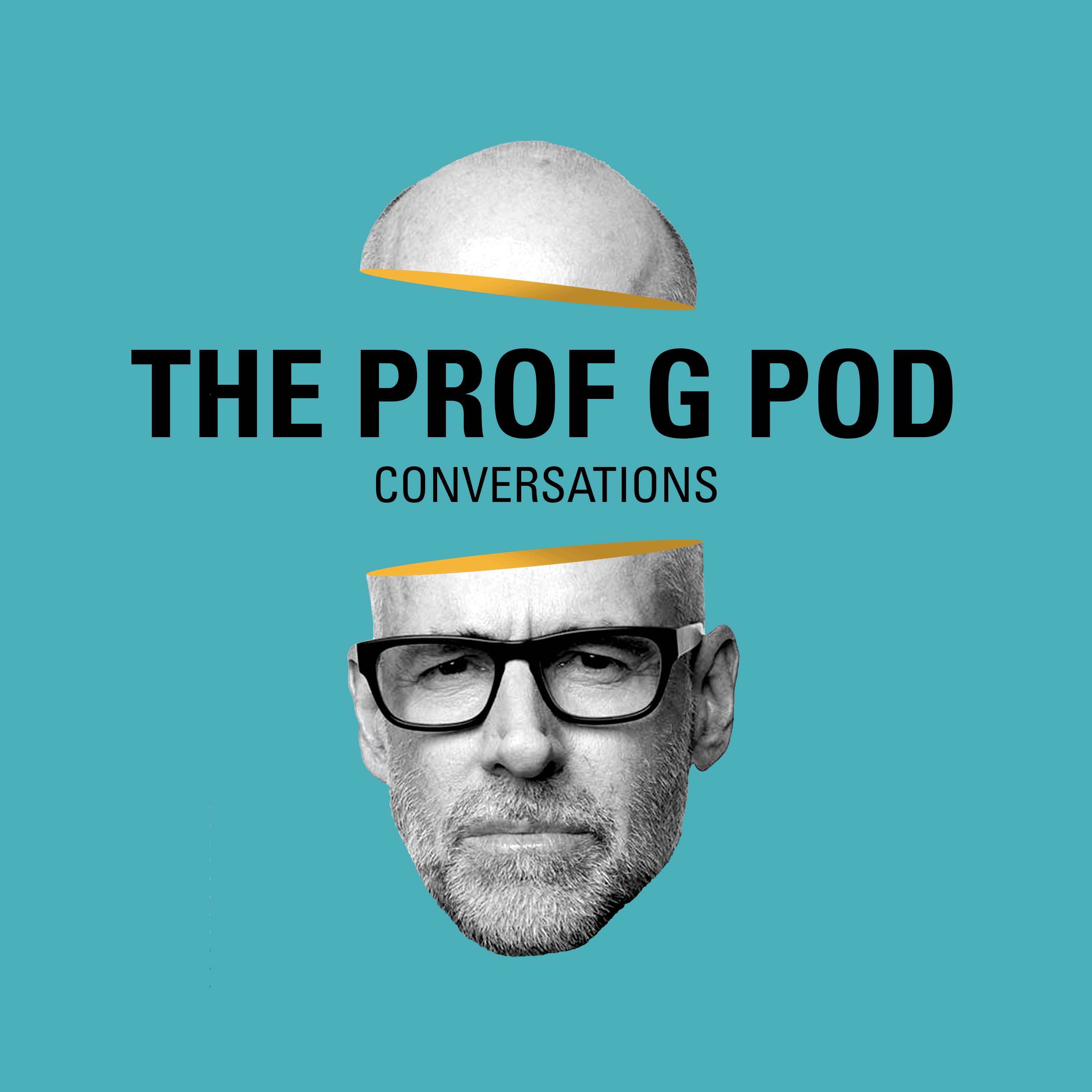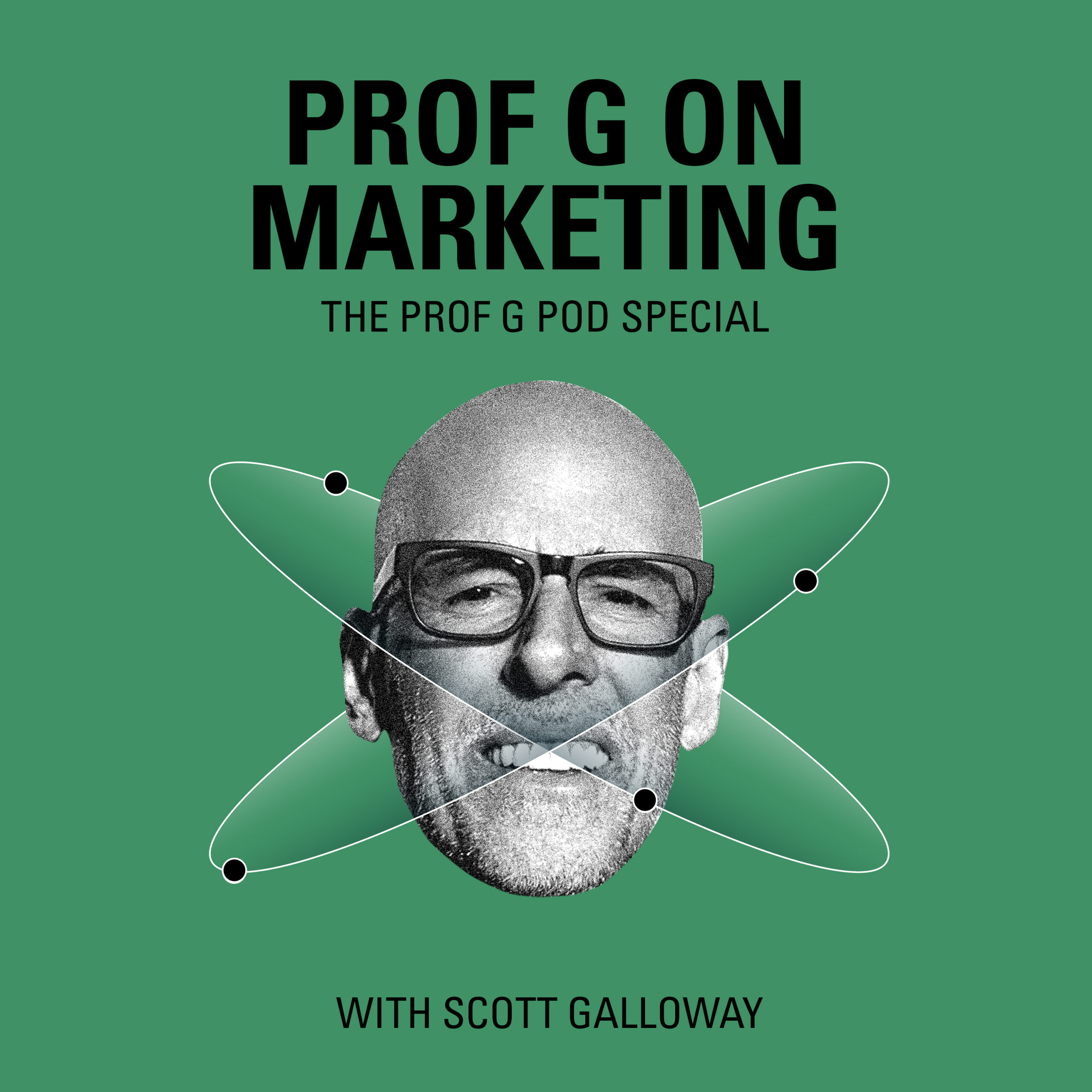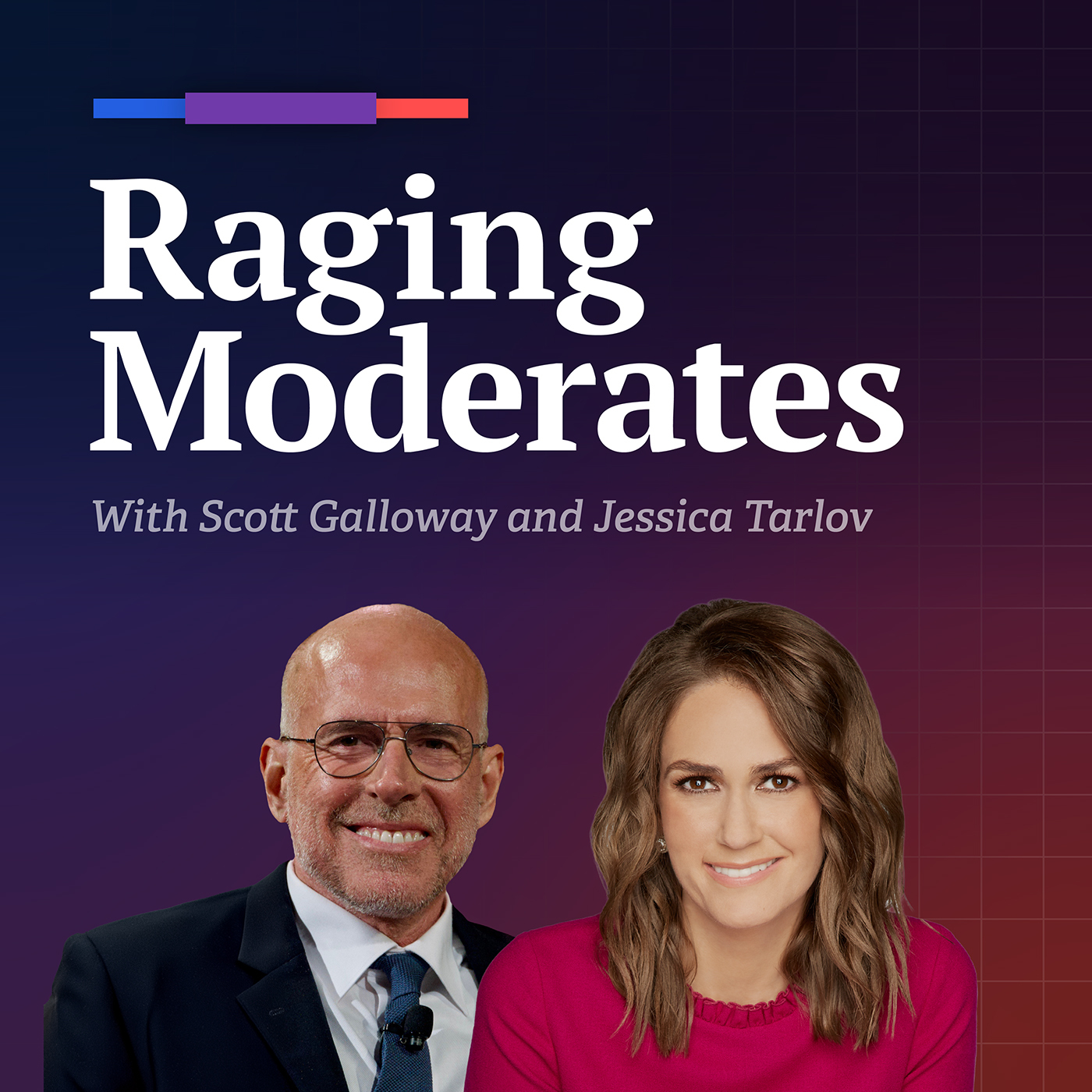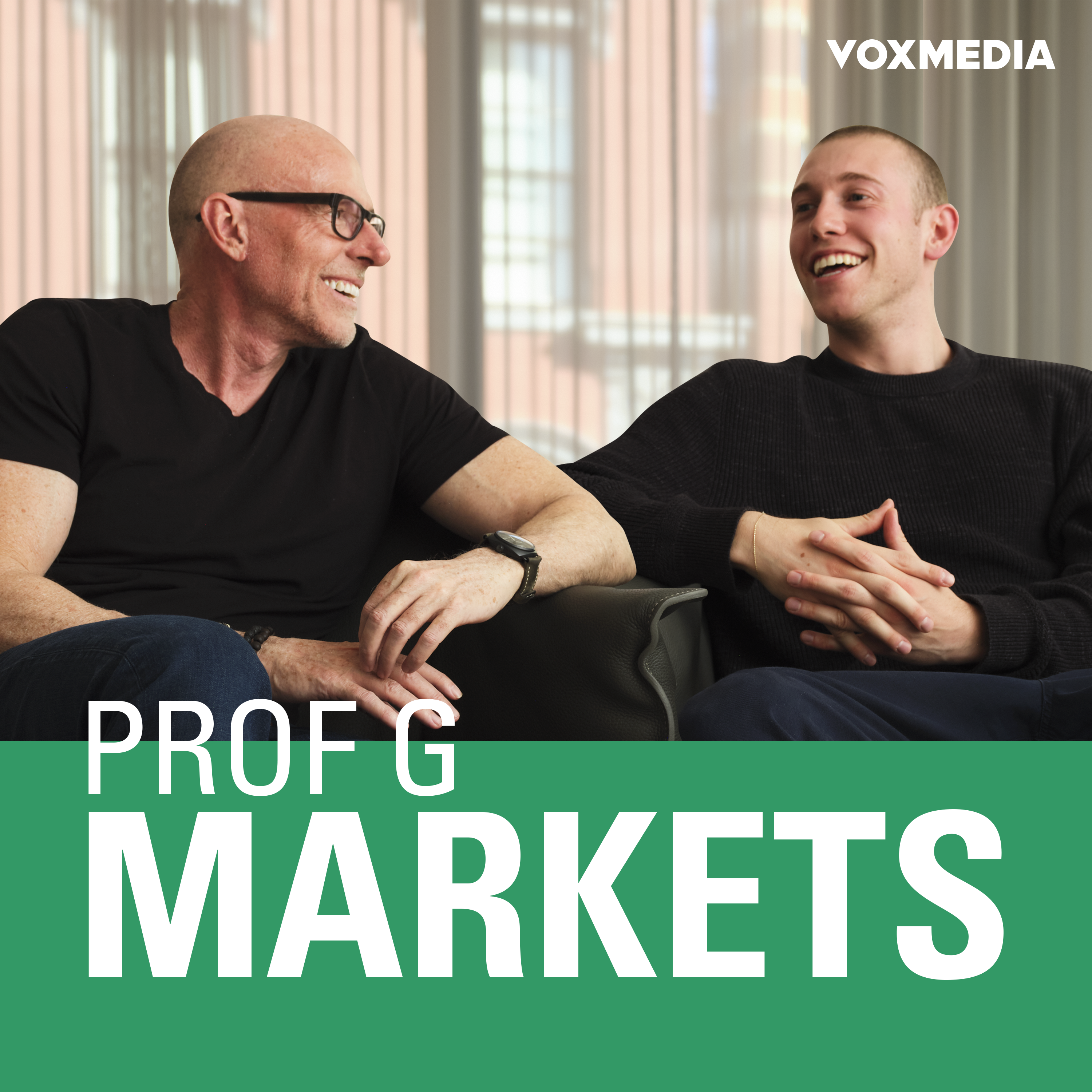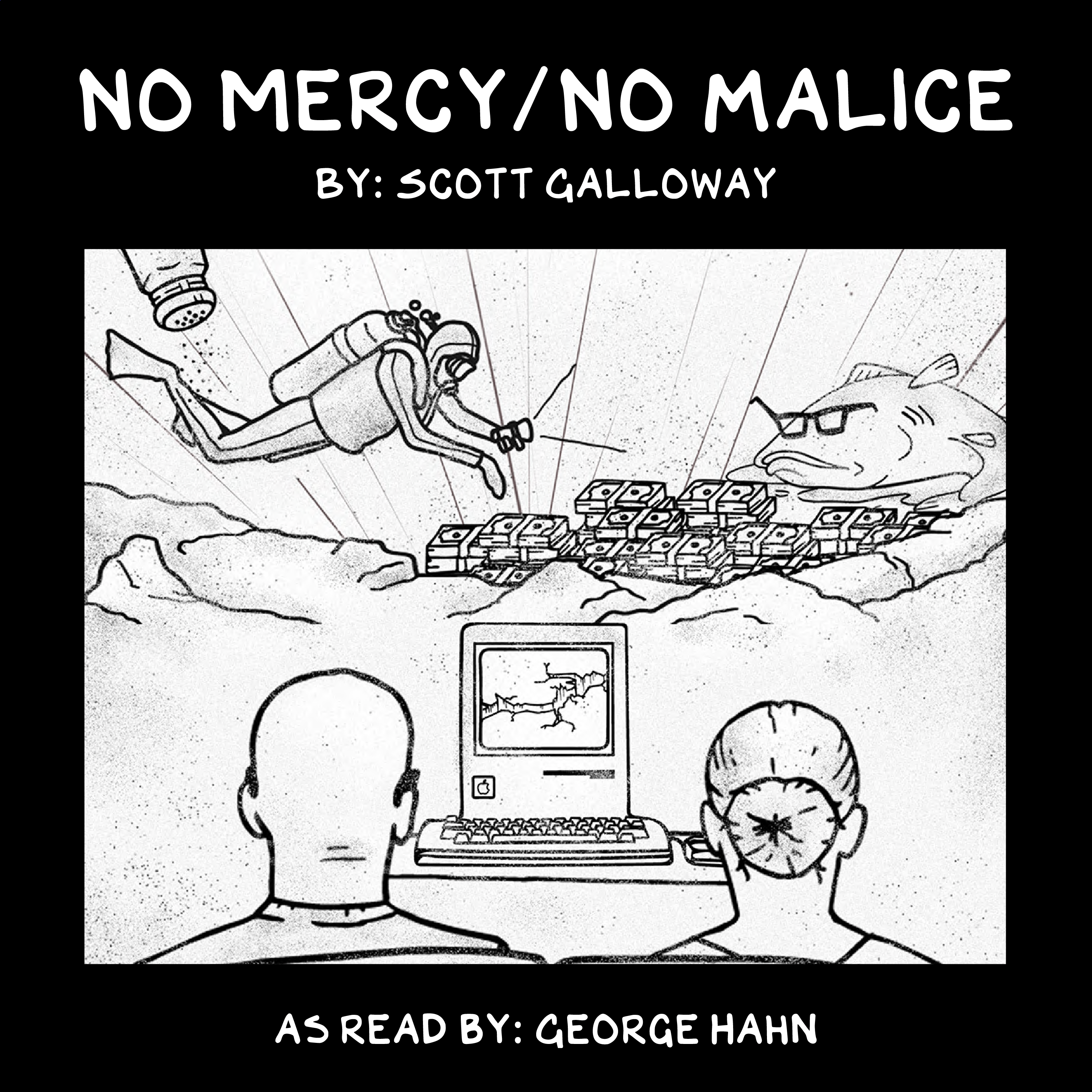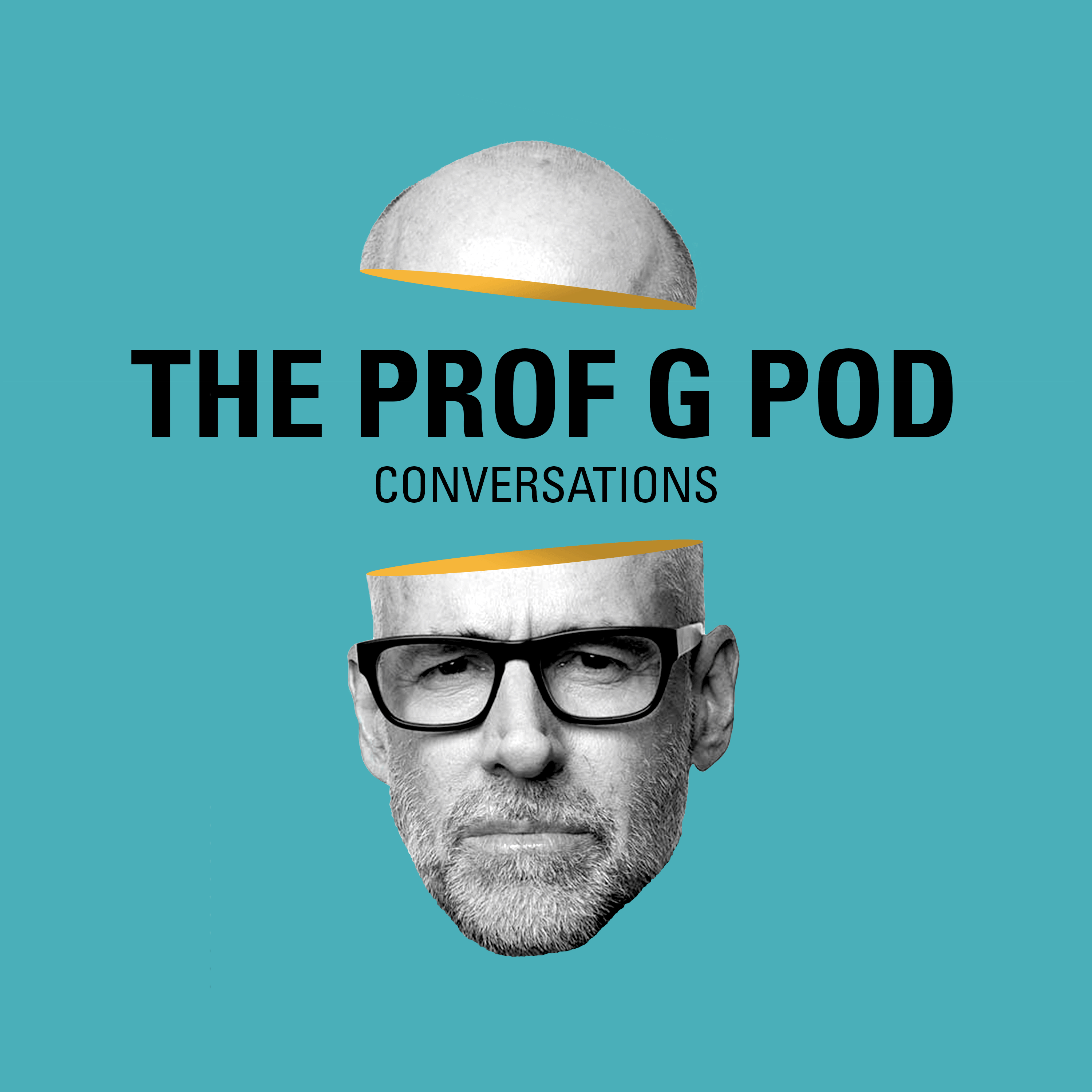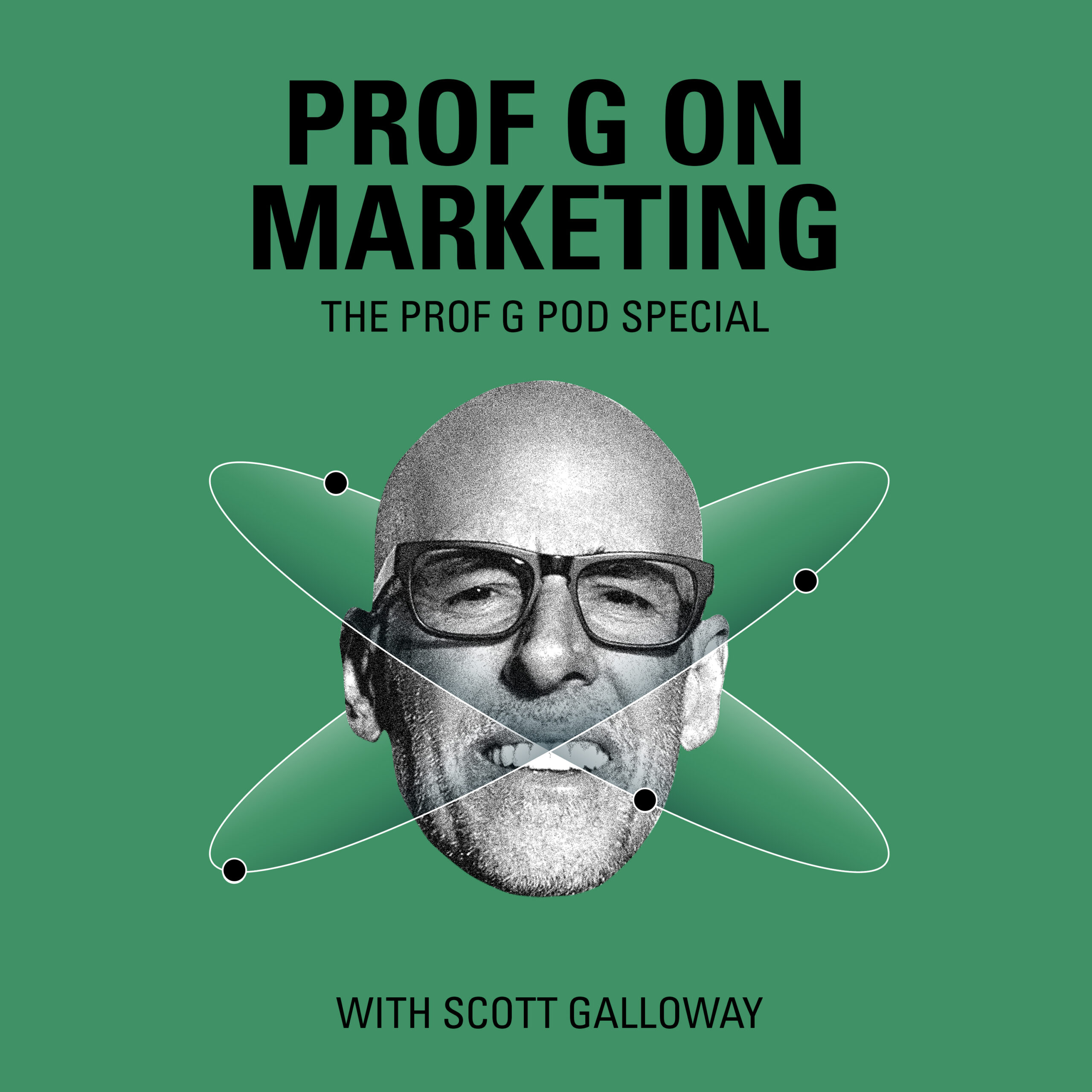As read by George Hahn. https://www.profgalloway.com/the-insiders/ Learn more about your ad choices. Visit podcastchoices.com/adchoices
Scott and Ed discuss Trump’s move to double tariffs on steel and aluminum, the administration’s decision to enlist Palantir to streamline federal data sharing, ...
Peter Zeihan, a geopolitical strategist and founder of Zeihan on Geopolitics, joins Scott to discuss why he’s bearish on China, bullish on U.S. demographics, ...
Scott breaks down whether private school is worth the cost. He then offers thoughts on how women can shape father-son relationships and wraps up with ...
Scott and Jessica unpack the recent court rulings on the legality of Trump’s emergency tariff powers, and look ahead to the possible changes coming to the big, ...
Follow Prof G Markets: Apple Podcasts Spotify Scott and Ed discuss the trade court’s ruling that Trump lacked the authority to impose most tariffs, Trump ...
Ed speaks with Michael Chime, CEO and co-founder of Prepared, an assistive AI platform for emergency response. They discuss the challenges facing 911 call ...
As read by George Hahn. https://www.profgalloway.com/rich-kids/ Learn more about your ad choices. Visit podcastchoices.com/adchoices
Patrick McGee, an award-winning journalist who spent years covering Apple for the Financial Times, joins Scott to discuss his new book, Apple in China: The ...
Welcome to the final episode of our special series, Prof G on Marketing, where we answer questions from business leaders about the biggest marketing challenges ...
Scott and Jessica sit down with Rahm Emanuel—former Chicago mayor, Obama Chief of Staff, and U.S. Ambassador to Japan—for an unfiltered conversation about the ...
Follow Prof G Markets: Apple Podcasts Spotify Starting June 9th, we’ll be publishing a new episode every day of the week, exclusively on the Prof G Markets ...
As read by George Hahn. https://www.profgalloway.com/rise-of-the-toligarchs/ Learn more about your ad choices. Visit podcastchoices.com/adchoices
Scott has a conversation with Jake Tapper, anchor of “The Lead” on CNN and the network’s chief Washington correspondent, and Alex Thompson, ...
Welcome to the second episode of our special series, Prof G on Marketing, where we answer questions from business leaders about the biggest marketing ...
Scott and Jessica break down President Biden’s aggressive cancer diagnosis, which comes just as a new book claims his team may have hidden signs of serious ...
Follow the Prof G Markets feed: Apple Podcasts Spotify Scott and Ed discuss why United Health’s stock hit a five year low, Warner Bros. Discovery’s ...
As read by George Hahn. https://www.profgalloway.com/the-fix/ Learn more about your ad choices. Visit podcastchoices.com/adchoices
Timothy Snyder, a leading historian of authoritarianism, Ukraine, and Eastern Europe, joins Scott to discuss the threats to American democracy, echoes of 1930s ...
Welcome to the first episode of our special series, Prof G on Marketing, where we answer questions from business leaders about the biggest marketing challenges ...
- « Previous Page
- 1
- …
- 18
- 19
- 20
- 21
- 22
- …
- 61
- Next Page »





